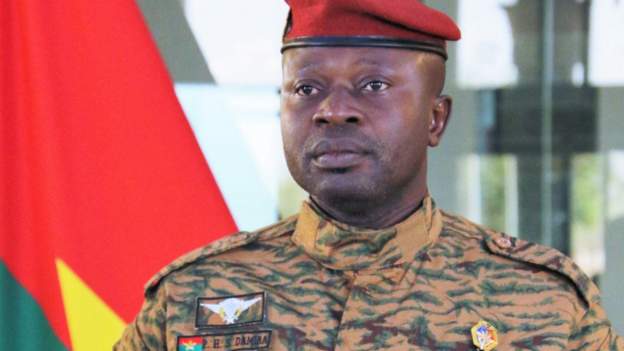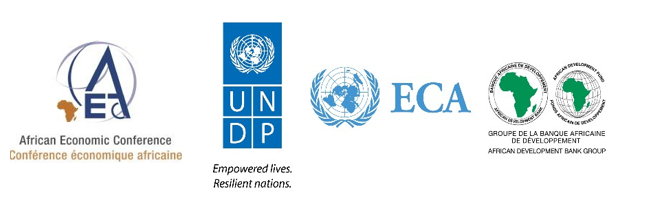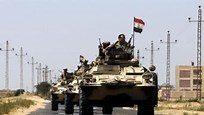
President Biya, who is 85 years old is seeking to extend his 36-year rule.
Oct. 7th election: Biya likely to return amidst ‘Ambazonia’ youths uprising
Never in Cameroon has this quantum of separatists’ agitation been recorded. Despite that they are constantly being mauled down under the superior arms and ammunition of the government, ‘the boys’ have demonstrated uncommon courage in their fight for the secession of the English-speaking parts of Southern Cameroon.
However, the uprising of the armed Red Dragons and the Tigers and the Ambazonia Defence Forces (ADF) among others, although threatening come Sunday election, is not likely to stop President Paul Biya’s election. President Biya, who is 85 years old is seeking to extend his 36-year rule.

One of the groups of Southern Cameroon militia. Credit/BBC
Reason is that Biya has an almost absolute control over the security forces, and the electoral body.
The militias, formed in the past 12 months, have made many small towns and villages in the two main Anglophone regions, the North-West and South-West, “ungovernable”, something unimaginable just a few years ago, Nigeria-based Cameroon analyst Nna-Emeka Okereke told the BBC.
“They probably have 500 to 1,000 active fighters, but more importantly they have the morale and determination to fight for the independence of what they call Ambazonia state,” he said.
The militias have repulsed attempts by the powerful Cameroonian army, including its elite US-trained troops, to defeat them because of the support they command in the two regions, Mr Okereke said.
“Women will cook for them, share information with them on troop movement and, in at least one instance, even helped lure a soldier to his death in Manyu Division [in the South-West],” Mr Okereke said.
The BBC reports that the militias began to emerge in 2017 after a security force crackdown on mass protests, led by lawyers in wigs and teachers in suits, over the government’s alleged failure to give enough recognition to the English legal and education systems in the North-West and South-West.
“The government was accused of relying heavily on people trained in the French legal and educational tradition to work in key posts and generally marginalising Cameroon’s English-speaking minority, who make up about 20% of the population.
After some groups declared independence on 1 October 2017, the government dismissed the armed groups as “terrorists”, and state radio reported that Mr Biya “declared war” on them”, the BBC said
“People in these regions are proud of their Anglophone heritage – especially their legal and education institutions. So it was a campaign for greater political and civil rights, and the separatists were seen as very marginal. But the government intervened in a heavy-handed way and that stirred support for the militants,” Francophone Africa analyst at the UK-based Chatham House think-tank, Paul Melly, told the BBC.
Cameroon was colonised by Germany in 1884. British and French troops forced Germans to leave in 1916 and Cameroon split three years later – 80% goes to the French and 20% to the British. The French-run Cameroon became independent in 1960. Following a referendum, the (British) Southern Cameroons join Cameroon, while Northern Cameroons join English-speaking Nigeria.




Recent Comments